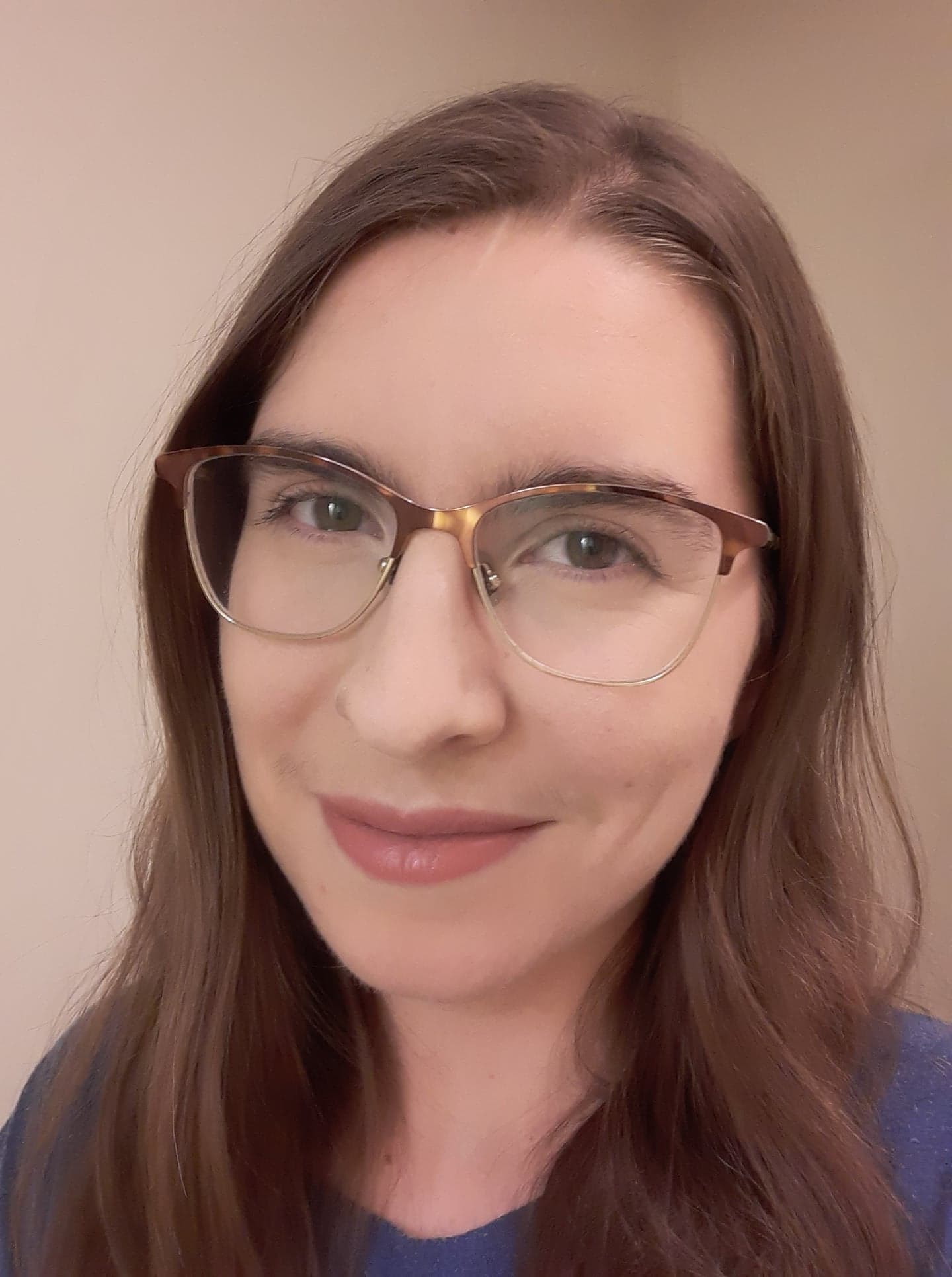 We started with some news of a potential promotion for an attendee. During an informational interview with a lead technical writer at her company, the lead writer suggested she apply for a technical writing position and write her own job description! We talked about the perks and challenges of creating your own role, and how to make the most of the opportunity. You can choose which responsibilities you want to include, but the company also wants to hear how you have their interests in mind. Describe how your new position will fit into the company, and the value you’ll add. Suggest a salary range that’s within the company scale, but don’t be afraid to aim high. If the employer objects, you can negotiate downward, but it’s much harder to ask for more if you’ve opened at a lower point.
We started with some news of a potential promotion for an attendee. During an informational interview with a lead technical writer at her company, the lead writer suggested she apply for a technical writing position and write her own job description! We talked about the perks and challenges of creating your own role, and how to make the most of the opportunity. You can choose which responsibilities you want to include, but the company also wants to hear how you have their interests in mind. Describe how your new position will fit into the company, and the value you’ll add. Suggest a salary range that’s within the company scale, but don’t be afraid to aim high. If the employer objects, you can negotiate downward, but it’s much harder to ask for more if you’ve opened at a lower point.
One member gave insight into how STC head office operates. The small contingent of STC staff is always busy, but multiple volunteer committees shoulder responsibilities as well. STC often invites volunteers to join multiple committees, and at both the international and chapter levels, volunteering is a good opportunity to network, learn new skills, and help the technical writing community.
We reflected on ways that generative AI could change how we work. The technology is fascinating in its ability to generate creative works, such as writing a poem in the style of a particular author or finishing Beethoven’s 10th symphony. However, some workplaces have banned the technology. And to some, taking credit for “creative” work done by a machine seems unethical.
Lastly, we shared tips on how to prepare for a presentation. You might choose to share PowerPoint slides, but even if you don’t, it’s helpful to prepare an outline you can refer to while you speak. Don’t read from scripted paragraphs; that can sound monotonous. Be ready with strategies to avoid being side-tracked. For example, if the audience has a lot of questions, ask them to hold them until later. If they ask a question you can’t answer or that would take you too far off topic, promise to get back to them after the presentation. Before the event, practice giving the presentation to one or two people, so you can see how it flows, how long it takes, and where you might stumble. Their feedback can help you polish the final version.
The Tech Comm Café provides networking opportunities, job leads, answers to work-related dilemmas, and a burst of professional energy to keep you motivated. We discuss technical writing tools and techniques, career planning, portfolios, and anything else related to working as a technical communicator.
We welcome anyone who’s interested in technical communication — contractor, in-house, student, long-time tech writer, STC member, non-member, career-changer, or recruiter. We hope to see you at the next meeting!
Next Meeting: ONLINE on Wednesday, June 21, 2023
- Subscribe to receive email announcements of future meetings.
- If you plan to attend, RSVP by 4 p.m. Wednesday, June 21, to receive login instructions.
Date: Wednesday, June 21
Time: 7:00-8:00 p.m. Pacific Time
Location: Online via Zoom
Agenda
- Introductions. Take 60 seconds to introduce yourself, your background, current activities. A good chance to try out that new elevator speech.
- Announcements and job leads. If you know of an interesting event or a job opening, or you’re looking for work, share it with the group.
- Brainstorming Q&A. Ask about a work-related problem and discuss potential solutions.
- Speed networking. Make new contacts and discuss your professional backgrounds and goals.

Ruth-Anne Klassen is a student in the Technical Writing Extension Certificate at Mount Royal University. She holds a Bachelor of Science in Biology and currently works as a retail cashier in Calgary. In her free time, she likes to go for walks, read novels, support local restaurants, and spend time with family.
